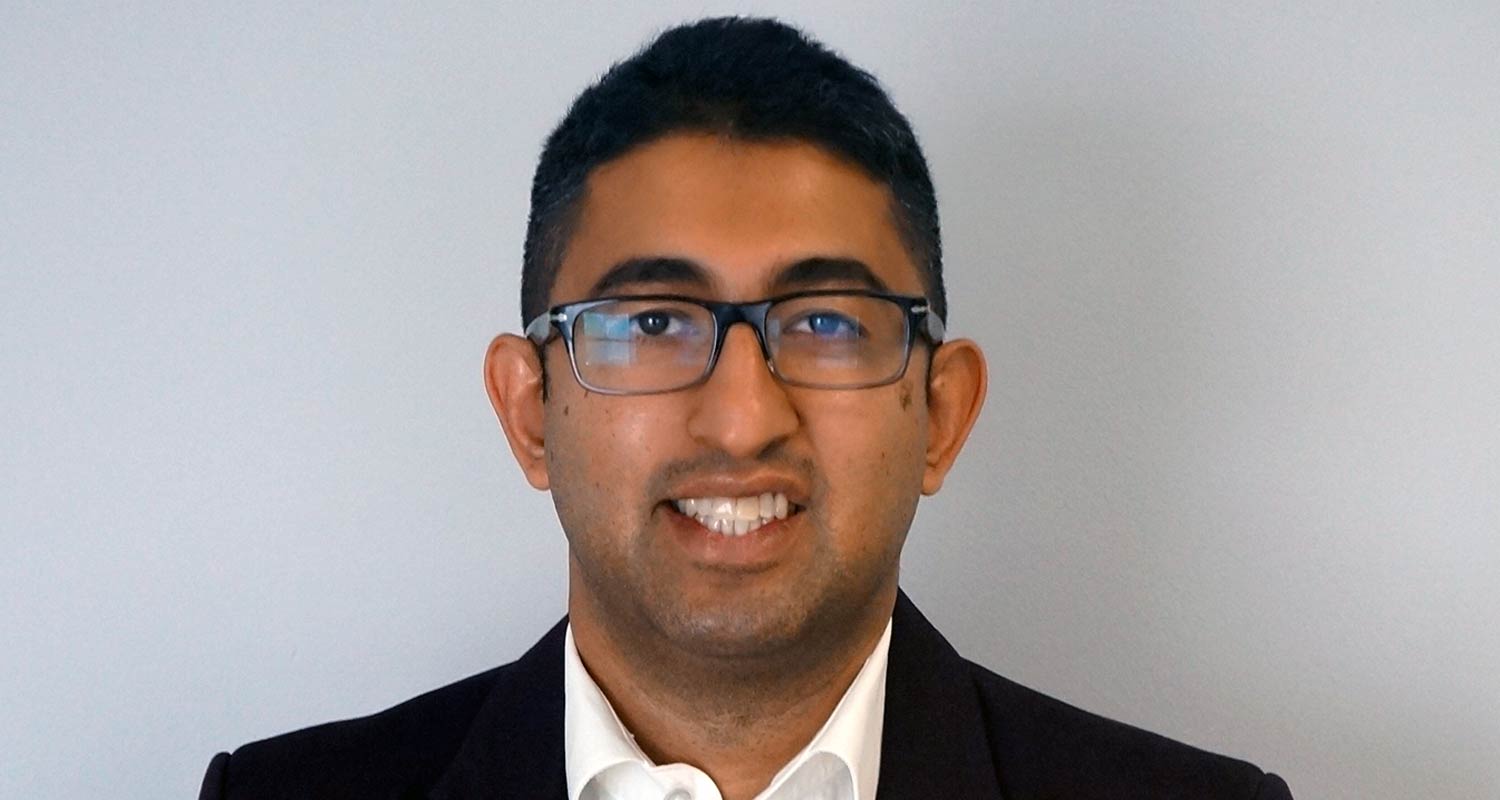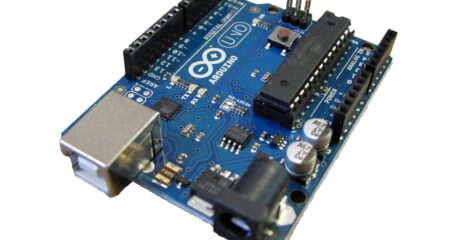
Sparcx, a Pretoria-based design and engineering house specialising in the aerospace and defence sectors, has been chosen as the sole South African representative in a cohort of 10 businesses from Africa in Qualcomm’s “Make in Africa 2024” start-up incubation programme.
“We’re about designing products, making them and getting them out there, and this Qualcomm programme aligns with that because our goal is to make products in Africa for Africans to use,” said Sujo Mulamattathil, CEO of Sparcx, in an interview with TechCentral.
“But it is also about selling to the rest of the world. You do not get foreign direct investment if you are not selling outward. We want those capital inflows so we can invest in developing skills and capabilities locally. That is how the more structured economies function; they do more high-end manufacturing locally instead of shipping it somewhere else for someone else to do it.”
Sparcx, pronounced “sparks”, has been involved in developing several technologies over its eight-year lifespan. These include a radio frequency measurement system for the government, a programme that was defunded when Covid-19 hit. Another is an AI-driven runway occupancy alerting system, developed in partnership with the CSIR and meant to assist air traffic controllers by spotting errors in their instructions and sending alerts to pilots and control rooms.
But the project that got Sparcx chosen for the Qualcomm programme is an AI-based radar target classification system that Mulamattathil said has applications when it comes to border control, security base management, power station security and even monitoring poacher activity on game farms. “The system is able to tell the difference between a vehicle and, say, an animal or a human being.”
The addition of AI and machine learning techniques to radar classification systems has improved their ability to recognise objects using pattern recognition. Deep convolutional neural networks have proven to be particularly effective for such systems.
Qualcomm programme
Since the number of objects to be identified is theoretically infinite, radar target classification systems can never develop 100% accuracy and exceptions are frequent. Also, visual sensors are often preferred for target identification, but radar has the advantage that it is less impaired by changes in illumination or the weather.
Of the 10 start-ups chosen for the Qualcomm programme, four are from Kenya and two from Tunisia. Egypt, Cameroon, Nigeria and South Africa each have one representative. While they all have different focus areas, the common thread between them is their use of advanced connectivity and processing technologies such as 5G, edge AI/ML, compute and IoT.
Their geographical distribution, however, suggests that South Africa’s dominance as leader in science and technology on the continent is waning. South Africa has suffered a decline in its manufacturing capability over the years, caused by a mixture of poor policy, the exodus of skills and an ongoing energy crisis. “A lot of skills and capabilities have either left the country or just disappeared, and it’s a shame because South Africa has a history of being a great place to develop technologies,” said Mulamattathil.
But he said that despite this, South Africans are not taking advantage of the resources available to them for developing quality high-tech products locally as there is a lot of unused capacity available.
 “The manufacturing capacity for high-tech electronics in South Africa is not trivial. There are some very good skills and capacity for manufacturing military-grade circuit boards, for example. The reality of the power deficit is there, but you have to work around it,” he said.
“The manufacturing capacity for high-tech electronics in South Africa is not trivial. There are some very good skills and capacity for manufacturing military-grade circuit boards, for example. The reality of the power deficit is there, but you have to work around it,” he said.
But an important point raised by Mulamattathil is that for companies like Sparcx that are not making mass-produced consumer goods, their lower volumes allow them to plan around load shedding.
“As South Africans, we need to take more initiative to build in South Africa. The raw materials are here, the skills are here and the capabilities are here,” he said. – © 2024 NewsCentral Media




